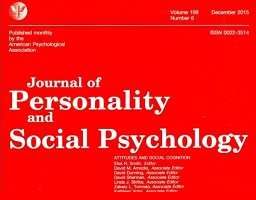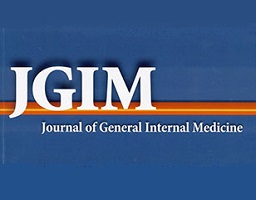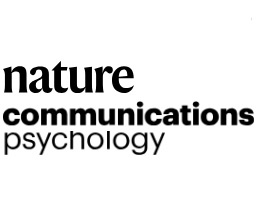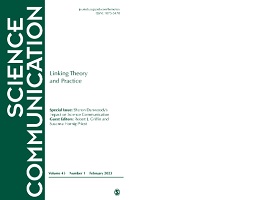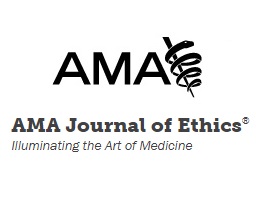Abstract
Professionals often face conflicts of interest that give them an incentive to provide biased advice, and disclosure (informing advisees about the conflict) is frequently proposed as a solution to the problem. We present 6 experiments that reveal a previously unrecognized perverse effect of disclosure: Although disclosure can decrease advisees’ trust in the advice, it can also increase pressure to comply with that advice if advisees feel obliged to satisfy their advisors’ personal interests. Hence, disclosure can burden those it is ostensibly intended to protect. Beyond demonstrating the effect, we show that this increased pressure to comply with advice is reduced if (a) the disclosure is provided by an external source rather than from the advisor, (b) the disclosure is not common knowledge between the advisor and advisee, (c) the advisee has an opportunity to change his/her mind later, or (d) the advisee is able to make the decision in private.
